
Ex-Chelsea & Man Utd Star Hit with Six-Month Suspension After Organising Guard of Honour Snub as Part of Protest Against Angel Di Maria’s Side
Estudiantes’ Controversial Protest Rocks Argentine Football
Argentine football is in turmoil after a high-profile disciplinary ruling shook the domestic game. Estudiantes de La Plata made headlines for all the wrong reasons last weekend, refusing to perform a guard of honour for Angel Di Maria’s Rosario Central. The gesture, meant to honour league champions, instead turned into a full-blown protest against the decision by the Argentine Football Association (AFA) to award Rosario a title for having the most points in 2025.
The AFA’s response was swift and severe: club president Juan Sebastian Veron received a six-month suspension from all football activity, while all 11 players involved in the protest were handed bans, with additional punishment for captain Santiago Nunez. The move has thrown Argentine football into debate, raising questions about authority, traditions, and political influence in the sport.
What Happened on the Pitch?
The saga began when the AFA unexpectedly awarded Rosario Central a title based on their point tally for the 2025 calendar year. While most clubs treated this as a symbolic recognition rather than a true championship, the decision quickly became controversial. The situation escalated when AFA president Chiqui Tapia personally presented a physical trophy to Rosario captain Angel Di Maria, making the award look official.
Estudiantes, already frustrated with the process, decided to make a statement. During Rosario’s expected guard of honour, Estudiantes players turned their backs on the champions in unison. The gesture sent shockwaves through the league and made headlines internationally, not just because of the symbolic nature, but also because of the sheer audacity of the act.
Traditionally, a guard of honour is a voluntary sign of respect performed by league teams for champions. By refusing, Estudiantes was not only breaking a longstanding tradition but also making a very public critique of the AFA’s handling of the title. Their protest was as much about principle as it was about protocol.
The Fallout: Heavy Sanctions
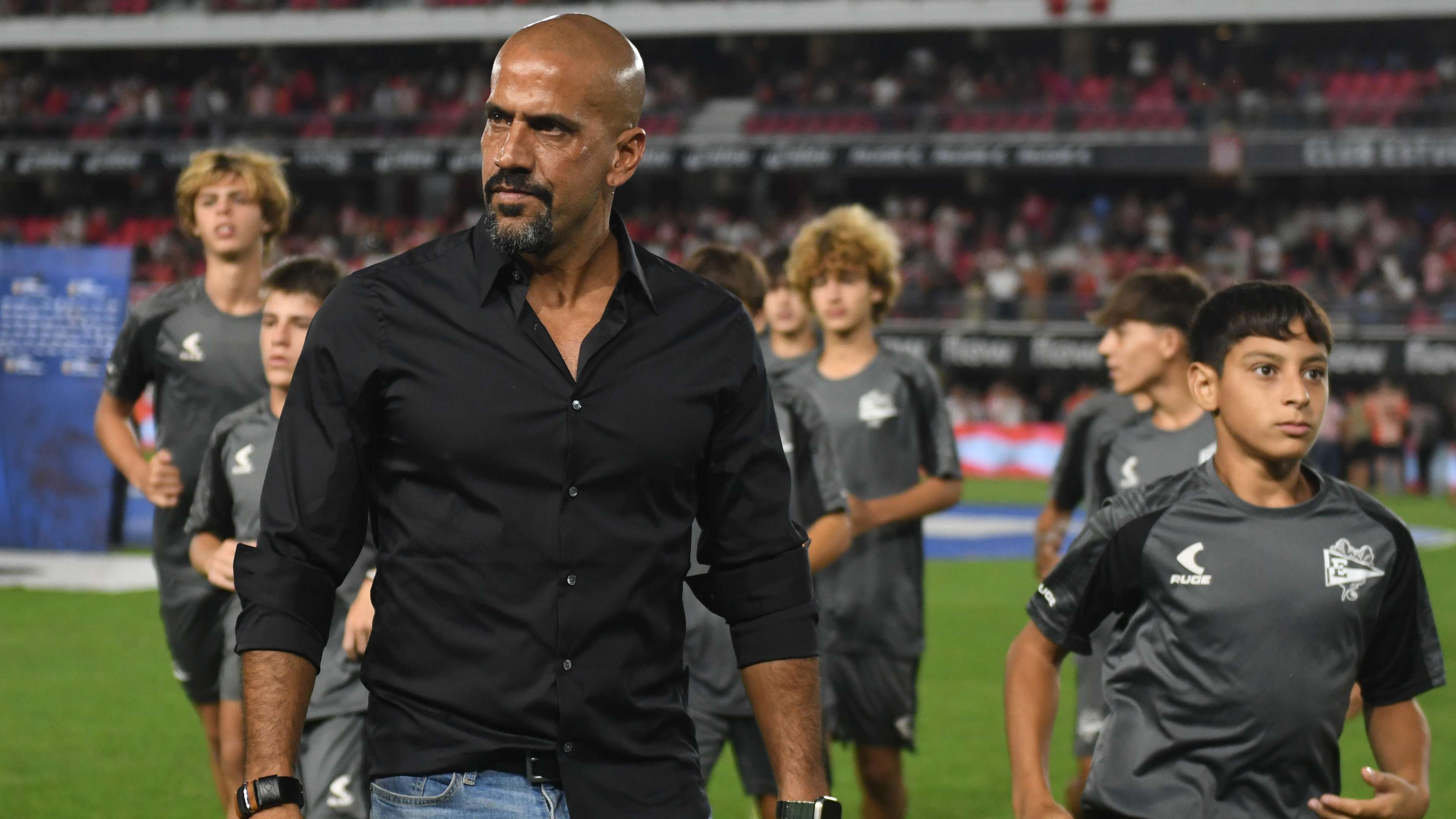
Estudiantes v Boca Juniors – Copa de la Liga Profesional 2024
The AFA did not take the protest lightly. After days of internal review, the governing body announced one of the harshest rulings in recent memory. All 11 Estudiantes starters received two-match suspensions, enforceable from the 2026 season. Captain Santiago Nunez, as a symbolic figure in the protest, was given an additional three-month ban from wearing the captain’s armband.
The most severe punishment was reserved for club president Juan Sebastian Veron. The AFA suspended him from all football-related activities for six months, citing his direct role in orchestrating the protest. The official statement read:
“The president himself acknowledges having given the order that led to the behaviour being judged here… revealing that it was not an improvised or isolated gesture but a directive issued by the highest institutional authority of the club.”
In other words, the AFA painted Veron as the mastermind behind the spectacle, holding him accountable for every turn of the protest.
Political Tensions Behind the Scenes
While the on-field incident grabbed headlines, the political undertones are equally significant. Many Argentine clubs were reportedly taken aback by the AFA’s decision to hand Rosario Central a title. Initially, most clubs agreed only to a symbolic recognition of points accumulated throughout the year—not a formal championship.
AFA president Chiqui Tapia’s handling of the award sparked complaints behind closed doors, with club officials questioning transparency and governance. Some critics suggested that Tapia was leveraging the national team’s recent success and his connection to Lionel Messi to consolidate influence over domestic competitions.
Estudiantes was the only club to openly challenge the decision. Their refusal to perform the guard of honour was a bold and symbolic statement, signalling broader dissatisfaction with the governing body. In doing so, they highlighted a growing perception that Argentine football is becoming increasingly politicised at the administrative level.
Estudiantes Stands Firm Amid Criticism
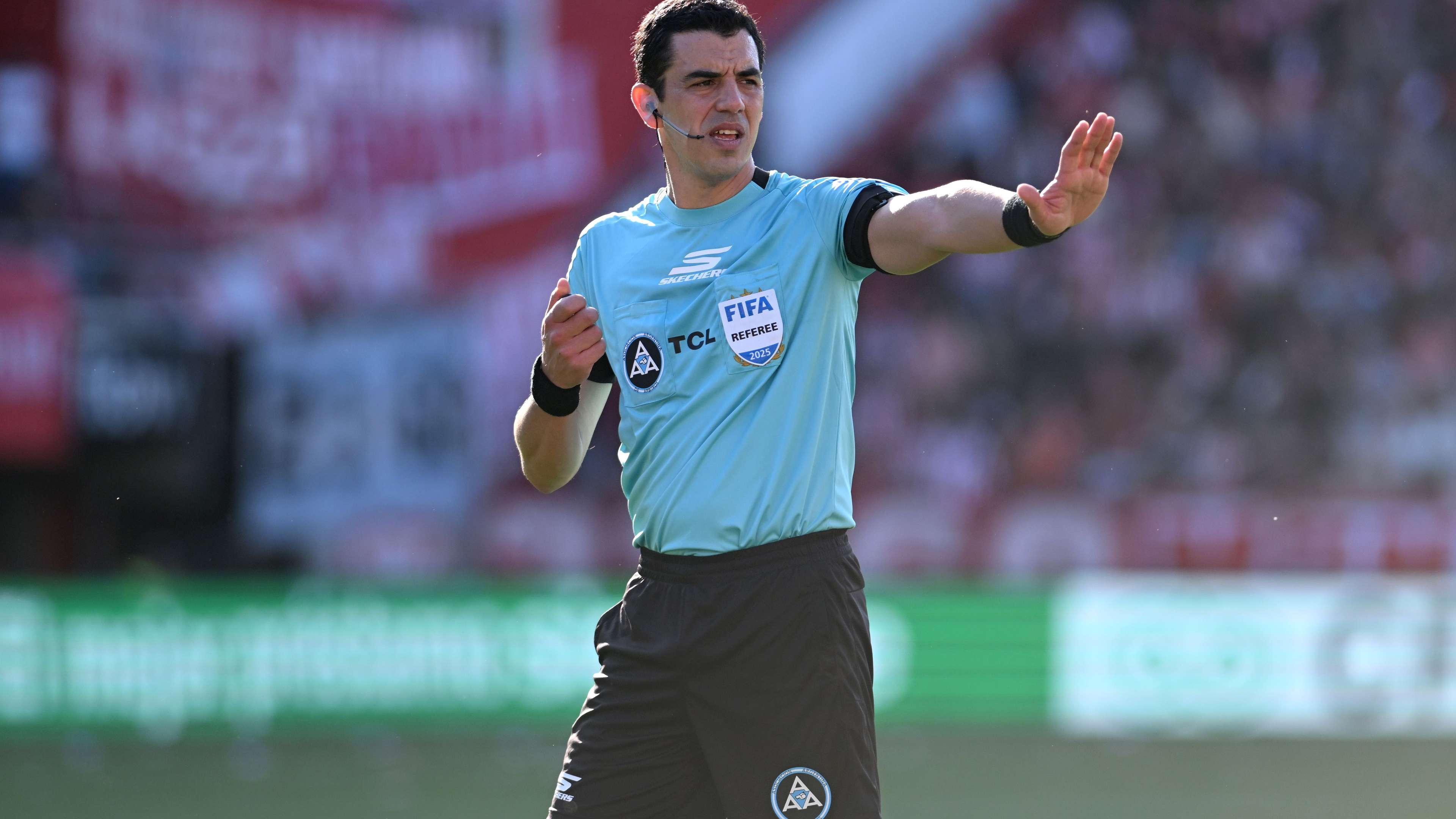
Estudiantes v Boca Juniors – Torneo Apertura Betano 2025
After the sanctions were announced, Estudiantes released a strong statement in support of Veron, Nunez, and the entire team. The club confirmed that it is “thoroughly analysing the sanction” and hinted at the possibility of an appeal. According to the statement, the penalties seem “punitive and politically motivated” rather than a fair, proportionate response to an isolated incident.
Public reaction has been mixed. Some argue that Estudiantes crossed a line by politicising a matchday tradition, creating unnecessary drama on the pitch. Others see their action as a principled stand against an AFA administration that appears to make unilateral decisions without broader consultation.
Regardless of opinion, the sanctions have exposed fractures in Argentine football governance. The six-month suspension of Veron, combined with the player bans, has left the club facing one of the toughest periods in its modern history. Yet, for Estudiantes, the protest was about more than just a matchday gesture—it was a statement of principles.
Impact on Argentine Football and the AFA
The incident has sparked a broader discussion about the role of tradition, authority, and political influence in Argentine football. Traditionally, the guard of honour is a voluntary act, symbolic of respect and sportsmanship. By refusing, Estudiantes brought attention to what they see as a lack of transparency in the AFA’s decision-making.
The AFA’s severe punishment has been interpreted by many as an attempt to assert authority and quell dissent. But rather than ending debate, it has intensified scrutiny of the organisation and its leadership. Critics argue that football decisions are increasingly influenced by politics and personal alliances rather than merit and fair play.
For the players and fans involved, the protest has become a rallying point. Many supporters have praised Estudiantes for standing up against what they perceive as a questionable ruling. Meanwhile, others have criticised the club for creating unnecessary conflict in a league that already faces challenges of scheduling, governance, and competitive balance.
Looking Ahead: Appeals and Repercussions
As things stand, the sanctions remain in place, and Veron will be sidelined from football activity for six months. The club’s appeal process, if pursued, will likely become another focal point for debate. The coming weeks will reveal whether Estudiantes can overturn any of the punishments or if the ruling will set a precedent for how protests and gestures are treated in Argentine football.
Meanwhile, the wider football community continues to watch closely. The incident raises questions about how clubs can express dissent, how governing bodies enforce discipline, and whether traditions like the guard of honour still carry weight in modern football.
Conclusion: A Defining Moment for Estudiantes and Argentine Football
What began as a symbolic snub on the pitch has become one of the most polarising stories in recent Argentine football history. Estudiantes’ protest against Angel Di Maria’s Rosario Central has exposed tensions between clubs and the AFA, brought political dynamics into the open, and forced a debate about tradition, authority, and fairness in the domestic game.
For Juan Sebastian Veron, the six-month suspension is a personal blow. For the players, the bans are a reminder of the weight of protest and the consequences of public dissent. For Argentine football as a whole, the episode signals a period of introspection and debate about governance, transparency, and the role of symbolism in the sport.
Whether this incident is remembered as a principled stand or a reckless defiance, one thing is clear: Estudiantes has made its mark, and Argentine football will not forget it anytime soon.

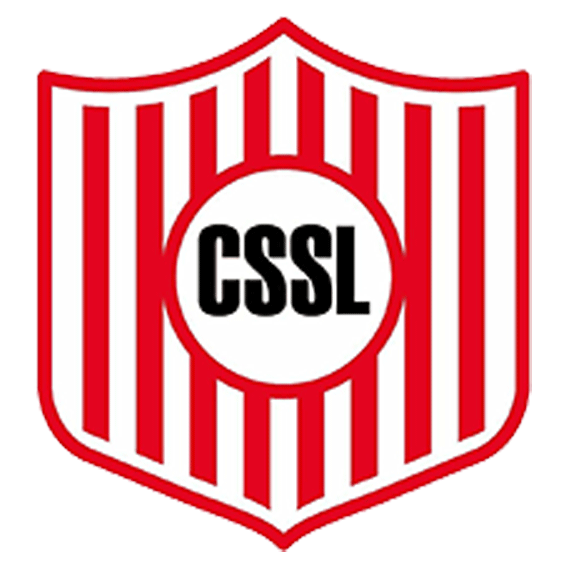


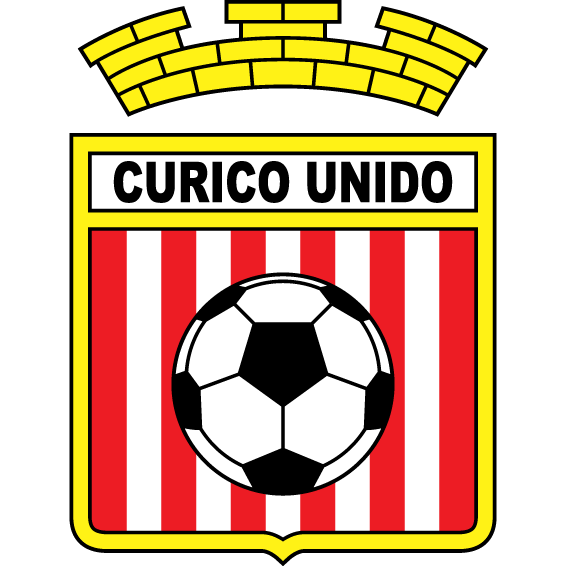

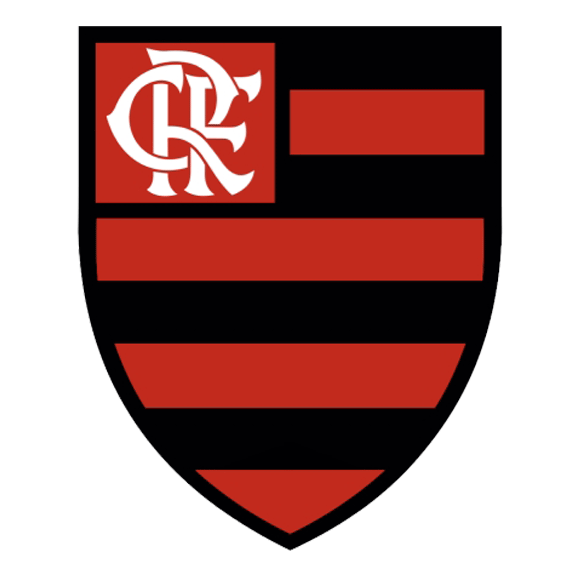


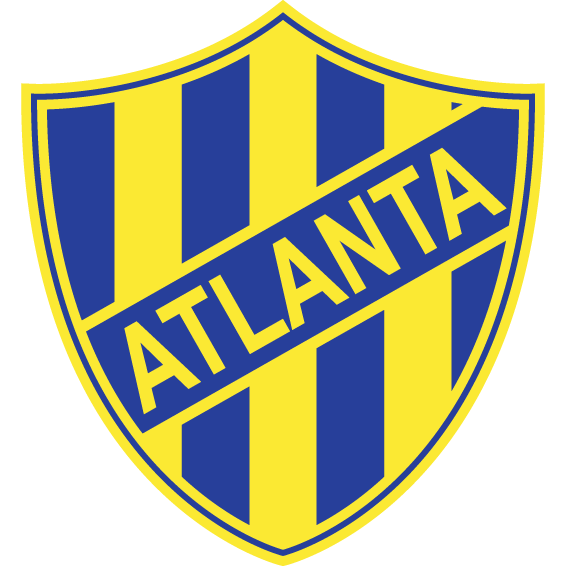

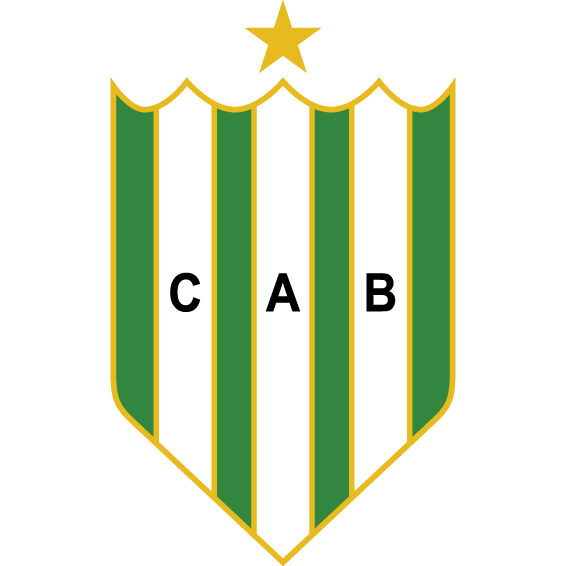


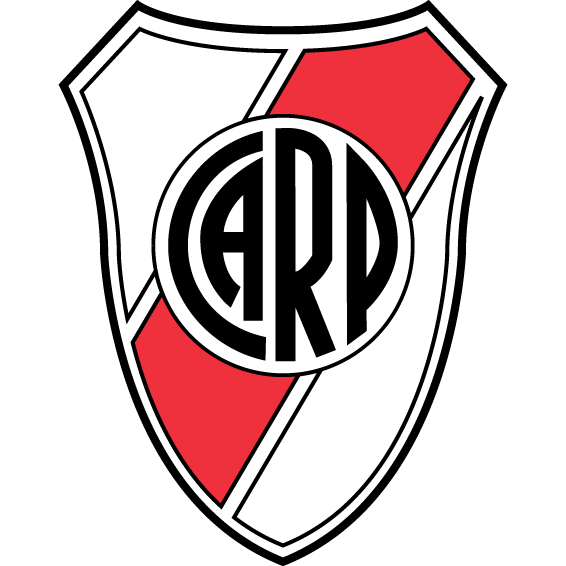
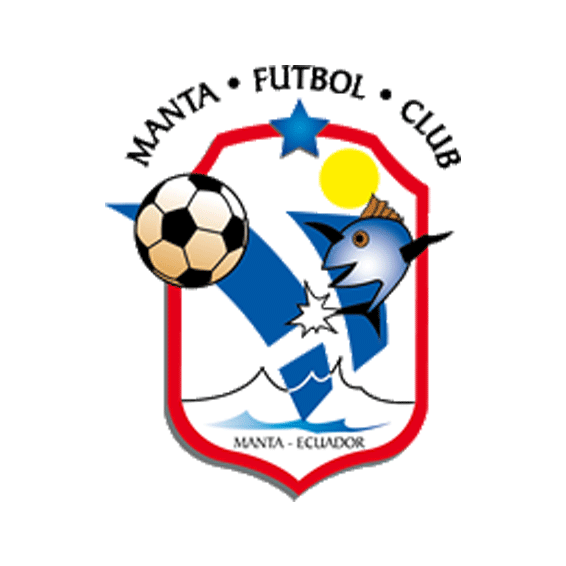



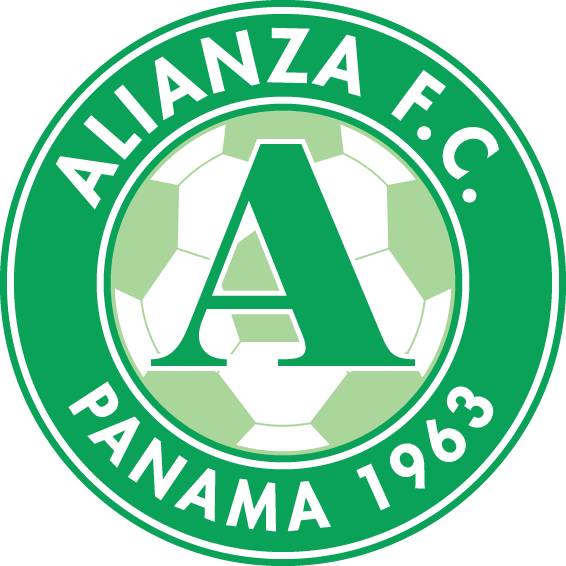
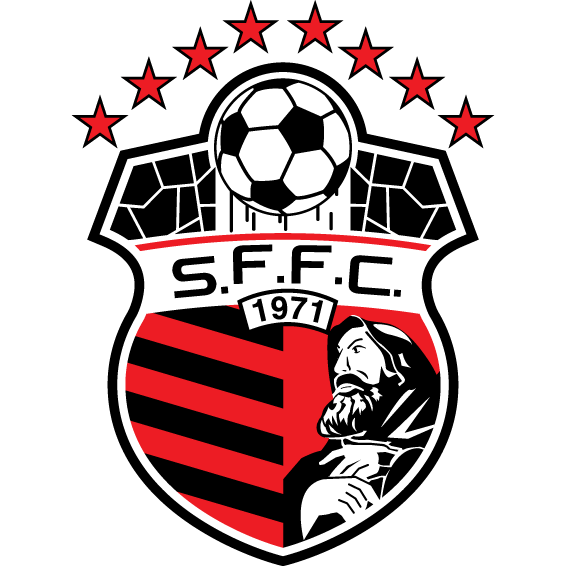























There are no comments yet. Be the first to comment!